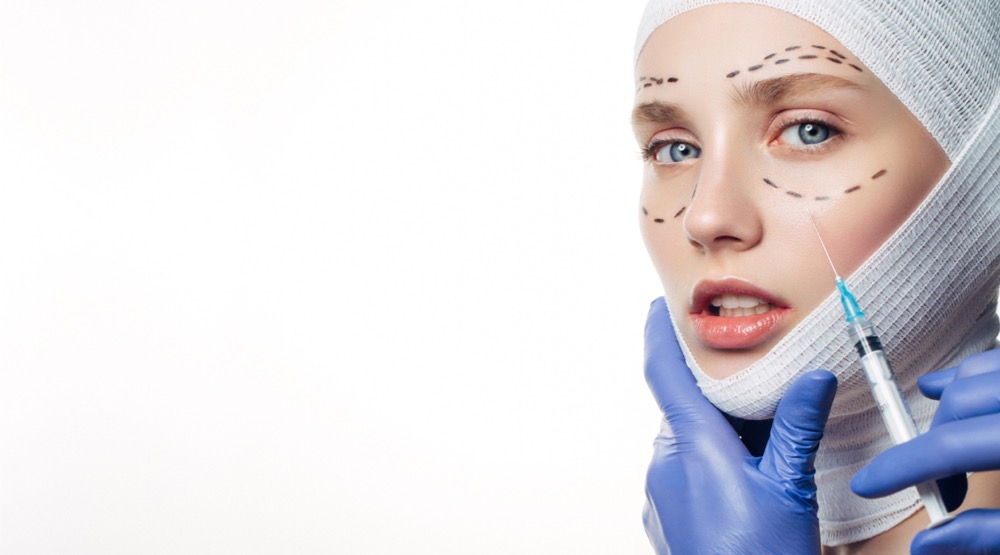The Cosmetic Physicians College of Australasia (CPCA) has announced that it considers pure cosmetic medical procedures at this time to be ‘non-essential’.
While many cosmetic surgeons have closed their doors, the CPCA is concerned at a small number of doctors that continue to offer cosmetic treatments.
In a statement, the CPCA said: “At this moment, any cosmetic procedure that results in community transmission of COVID19, may result in the death of persons who otherwise might well have survived infection and avoided the ultimate penalty of loss of life. Stay home, stay safe, stop injecting.”
While it is not technically breaking the law to carry out these treatments, cosmetic physicians around the country have resolved collectively, that cosmetic medicine is a non-essential service and the vast majority of members of the CPCA have followed advice and ceased services until further notice.
‘In my own accredited healthcare clinic, South Australian police officers attended our premises and we were cleared to continue these procedures. In the interest of public safety however, the decision was made voluntarily to cease cosmetic medical procedures at this time,’ said Dr Michael Molton, President of the CPCA.
With patient safety at the forefront, the CPCA is however highly concerned regarding a small minority of doctors and nurses who continue to perform cosmetic procedures, namely using botulinum toxin anti-wrinkle injections and dermal fillers, while the majority have ceased these practices. There are also anecdotal reports of these procedures still being performed in hairdressers and in people’s homes, by persons, and to persons, who have an unknown status of COVID19.
That said, the CPCA highlighted the distinction between ‘cosmetic’ and ‘therapeutic’ treatments, stating that there would be instances in which is would be appropriate to inject a customer. “The CPCA expresses the importance of uses for botulinum toxin for facial and neck spasm, teeth grinding, excessive sweating, migraine, debilitating tension headaches, spasticity in children and many other applications for ‘Therapeutic’ use,” said the statement. “In addition, these include severe scarring, severe uncontrolled acne, fat atrophy from disease processes – such as dermal filler of the face caused by historical trauma and diseases such as HIV patients and hemiplegia. Such cases should be assessed on a case by case basis and performed in appropriate healthcare facilities only.”
For more news and updates, subscribe to our weekly newsletter.

